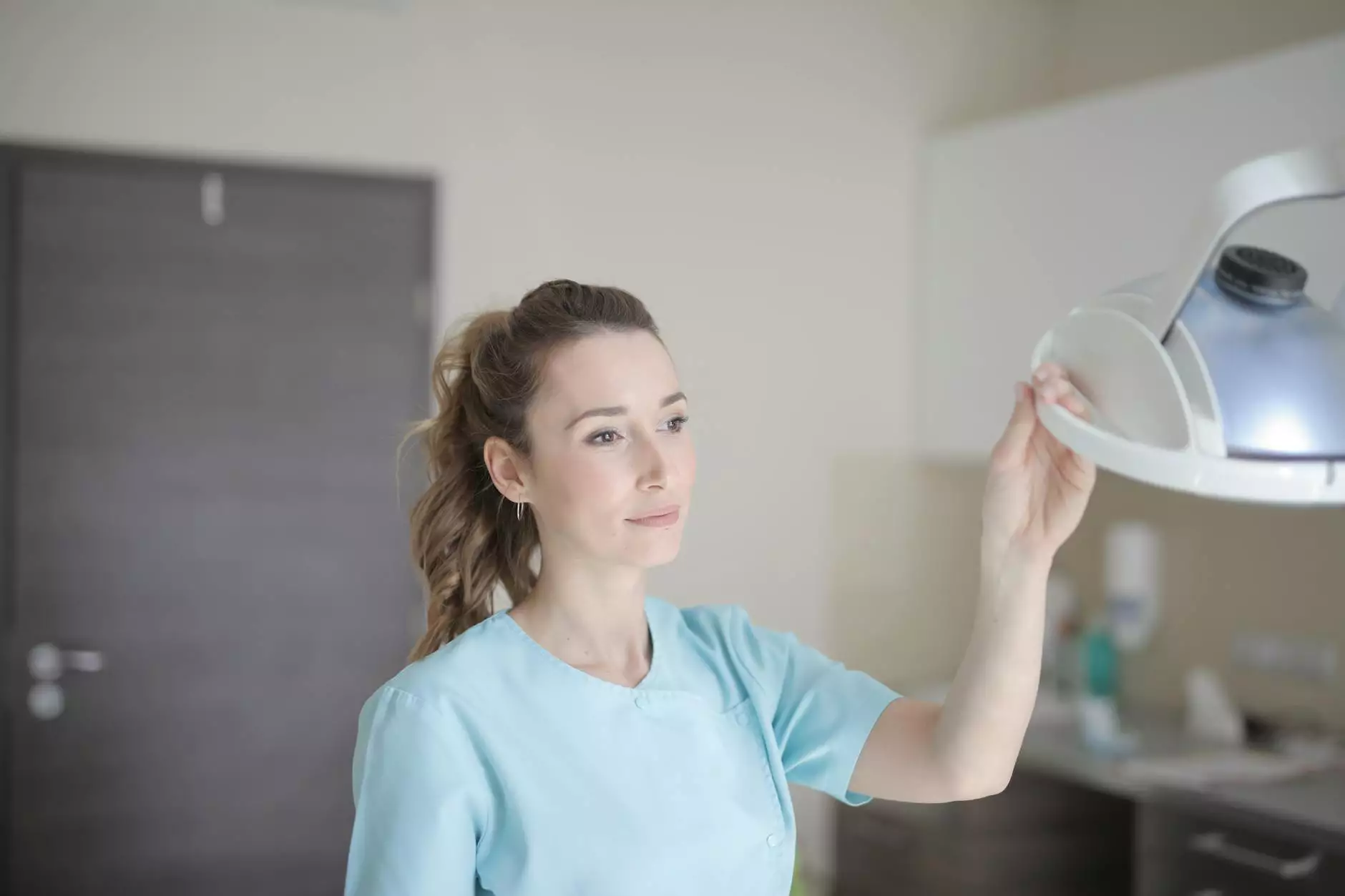Lifestyle Strategies that can Help Keep Your Bones Strong

Welcome to Bay Regional Medical Center, your trusted source for comprehensive health information. In this article, we will explore essential lifestyle strategies that can help prevent osteoporosis and keep your bones strong. Our team of experts is here to provide you with the information you need to prioritize your bone health.
Understanding Osteoporosis
Osteoporosis is a condition characterized by low bone density and increased risk of fractures. It commonly affects postmenopausal women but can also occur in men and younger individuals. To maintain optimal bone health, it's essential to understand the risk factors and implement preventive measures.
1. Balanced Diet
A balanced diet plays a critical role in maintaining bone health. Consume foods rich in calcium, such as dairy products, leafy greens, and fortified cereals. Vitamin D is equally important for calcium absorption, so include fatty fish, egg yolks, and fortified foods in your diet. Additionally, ensure an adequate intake of protein, magnesium, and phosphorus to support overall bone health.
2. Regular Exercise
Engaging in regular physical activity can help improve bone density and strength. Weight-bearing exercises, such as walking, jogging, dancing, and weightlifting, stimulate bone remodeling and increase bone mass. Consider incorporating resistance training and balance exercises into your routine to further enhance bone health and prevent falls.
3. Avoid Tobacco and Limit Alcohol
Tobacco use and excessive alcohol consumption have detrimental effects on bone health. Smoking impairs bone formation and reduces estrogen levels, leading to increased bone loss. Excessive alcohol intake interferes with calcium absorption and disrupts bone remodeling. Quitting smoking and moderating alcohol consumption can significantly contribute to maintaining strong bones.
4. Get Adequate Sunlight
Exposure to sunlight is vital for the production of vitamin D in our bodies. Spend time outdoors, especially during the morning or late afternoon when the sun is less intense. However, be mindful of the need for sun protection to prevent harmful effects on your skin. Consult with your healthcare provider to determine if vitamin D supplementation is necessary.
5. Regular Bone Density Testing
Regular bone density testing is crucial for early detection of osteoporosis or any bone-related conditions. Consult with your healthcare provider to schedule a bone density scan and discuss the frequency of subsequent tests based on your age, gender, and risk factors. Early identification allows for timely intervention and prevention of further bone loss.
Bay Regional Medical Center: Your Partner in Bone Health
At Bay Regional Medical Center, we understand the importance of bone health in maintaining an active and fulfilling life. Our team of healthcare professionals is dedicated to providing comprehensive bone health services, including diagnosis, treatment, and preventive care.
We offer specialized consultations with orthopedic experts who can assess your bone health, provide personalized advice, and recommend appropriate interventions if necessary. Our state-of-the-art facilities and cutting-edge technology enable us to deliver accurate diagnoses and effective treatment plans.
Our Services
- Bone density testing: Our advanced scanning techniques allow for precise measurements of bone mineral density, providing valuable insights into your bone health status.
- Nutritional counseling: Our registered dietitians can guide you on appropriate dietary choices to support bone health, ensuring you receive the essential nutrients your body needs.
- Exercise programs: We offer tailored exercise programs to improve bone density, strengthen muscles, and enhance balance and coordination. Our physical therapists will design a regimen suitable for your specific needs.
- Lifestyle modification: Our team will work closely with you to identify areas for improvement in your lifestyle and provide strategies to help you adopt healthy habits that promote optimal bone health.
- Medication management: If necessary, our experienced physicians can prescribe medications that slow down bone loss and reduce fracture risk. They will closely monitor your progress and adjust treatment plans as needed.
Conclusion
Prioritizing your bone health is essential for maintaining an active and independent lifestyle. By implementing the lifestyle strategies outlined in this article and seeking expert guidance from Bay Regional Medical Center, you can reduce your risk of osteoporosis and keep your bones strong. Take the first step towards optimal bone health today!




